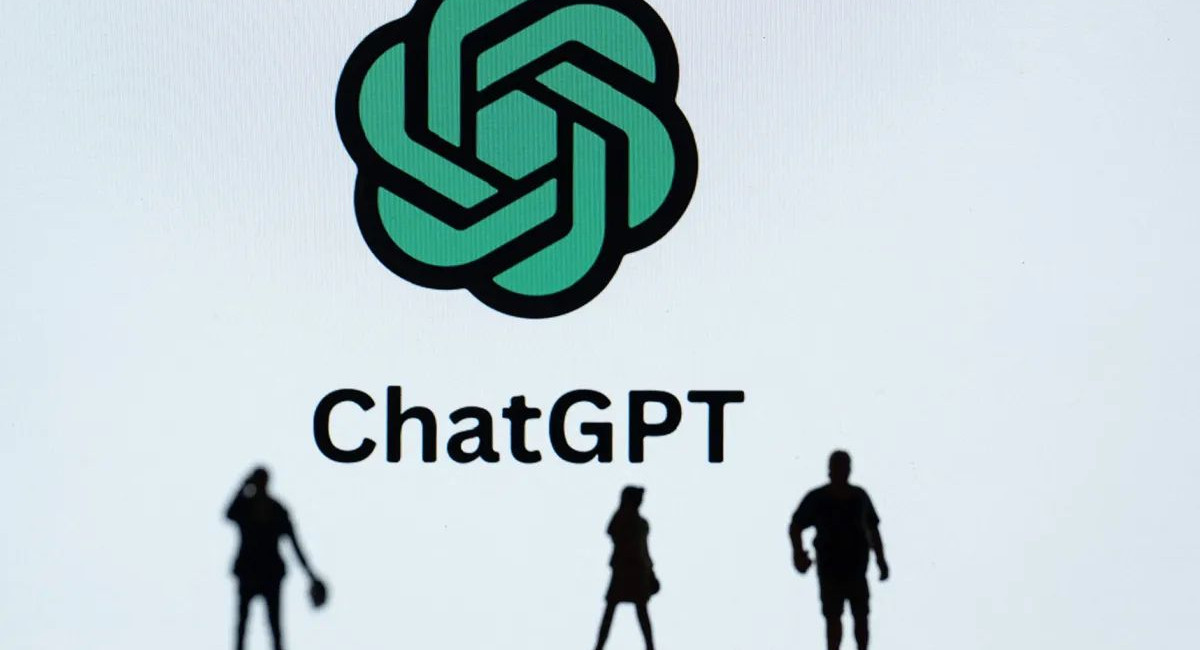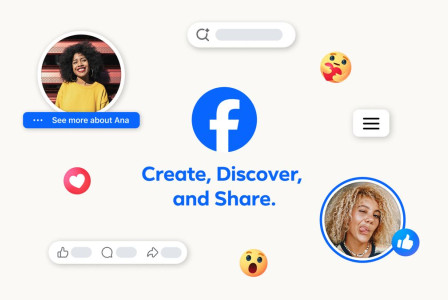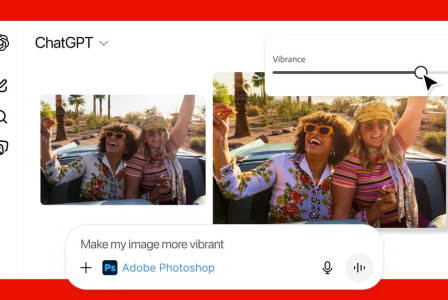SEARCH
ChatGPT handles 2.5 billion daily prompts as global usage surges

SHARE IT
OpenAI's conversational AI tool, ChatGPT, is reaching new heights in global engagement. According to figures shared with Axios, the platform is now fielding an astonishing 2.5 billion user prompts every single day — a figure that highlights the dramatic expansion of large language models into everyday digital behavior. Out of that daily volume, approximately 330 million prompts originate from users in the United States, underscoring the country’s continued leadership in AI adoption while also illustrating the platform’s truly international footprint.
These numbers reflect the increasingly central role ChatGPT is playing not only as a tool for casual interaction and creative assistance, but also as a growing utility for professional workflows, education, coding, research, and more. Since its public launch, ChatGPT has rapidly evolved from a curiosity to a core digital service for millions worldwide.
When placed in the broader context of internet usage, the scale of ChatGPT’s activity becomes even more striking. Google, the longstanding leader in web search, processes about 5 trillion queries annually. That translates to just under 14 billion searches each day, based on official figures released recently by Alphabet, Google’s parent company. Independent estimates further validate these numbers. Neil Patel, founder of digital marketing firm NP Digital, calculates Google’s daily search traffic at roughly 13.7 billion. Meanwhile, analysis by SparkToro and Datos — both specializing in online behavior analytics — places that figure even higher, around 16.4 billion daily searches.
While ChatGPT’s daily prompt volume is still a fraction of Google’s, the speed at which it’s closing the gap is generating headlines. Back in December 2024, OpenAI CEO Sam Altman revealed that ChatGPT was handling over 1 billion user queries each day. Just eight months later, that number has more than doubled — a remarkable acceleration by any standard in the tech world.
This level of growth is not only significant for OpenAI, but also illustrative of a broader shift in how people are engaging with information online. Rather than relying solely on traditional search engines, more users are turning to generative AI tools for answers, explanations, content generation, and even task automation. What was once the domain of search boxes is increasingly being shared with chatbots capable of producing human-like responses in real time.
Unlike conventional search engines, which return lists of links ranked by relevance, generative AI platforms like ChatGPT aim to provide direct, conversational responses tailored to the user’s request. This model is changing user expectations, with many now preferring dialogue-based interactions that mimic a natural conversation rather than combing through webpages themselves. For some, especially younger users and those in technical fields, AI chat has become the default entry point for seeking information.
OpenAI's trajectory has been bolstered by rapid product development and frequent upgrades to its AI models. With the launch of GPT-4 and its integration into the ChatGPT platform for paid users, the quality and depth of responses improved significantly. This, coupled with added features such as custom GPTs, plugin support, and even memory capabilities, has made the tool more versatile and sticky for a wide range of users.
Furthermore, the ease of access through mobile apps and APIs has helped OpenAI scale usage even faster. Enterprises are increasingly integrating ChatGPT into their workflows, using it for customer service, content drafting, code generation, and much more. At the same time, individual users are relying on it for tasks ranging from composing emails and summarizing articles to solving math problems and learning new skills.
Still, the explosive popularity of ChatGPT raises important questions about digital infrastructure, content authenticity, and the future of information access. As AI-generated content becomes more ubiquitous, platforms and regulators alike are grappling with how to ensure transparency, avoid misinformation, and preserve the integrity of digital ecosystems.
Nonetheless, for now, ChatGPT’s 2.5 billion daily prompts represent a clear signal: AI-driven tools are not only here to stay — they are rapidly becoming foundational to how we interact with the internet itself. Whether this trend continues at its current pace remains to be seen, but what’s already evident is that the digital landscape is being reshaped in real time, with generative AI at the forefront.
MORE NEWS FOR YOU

 Help & Support
Help & Support 

